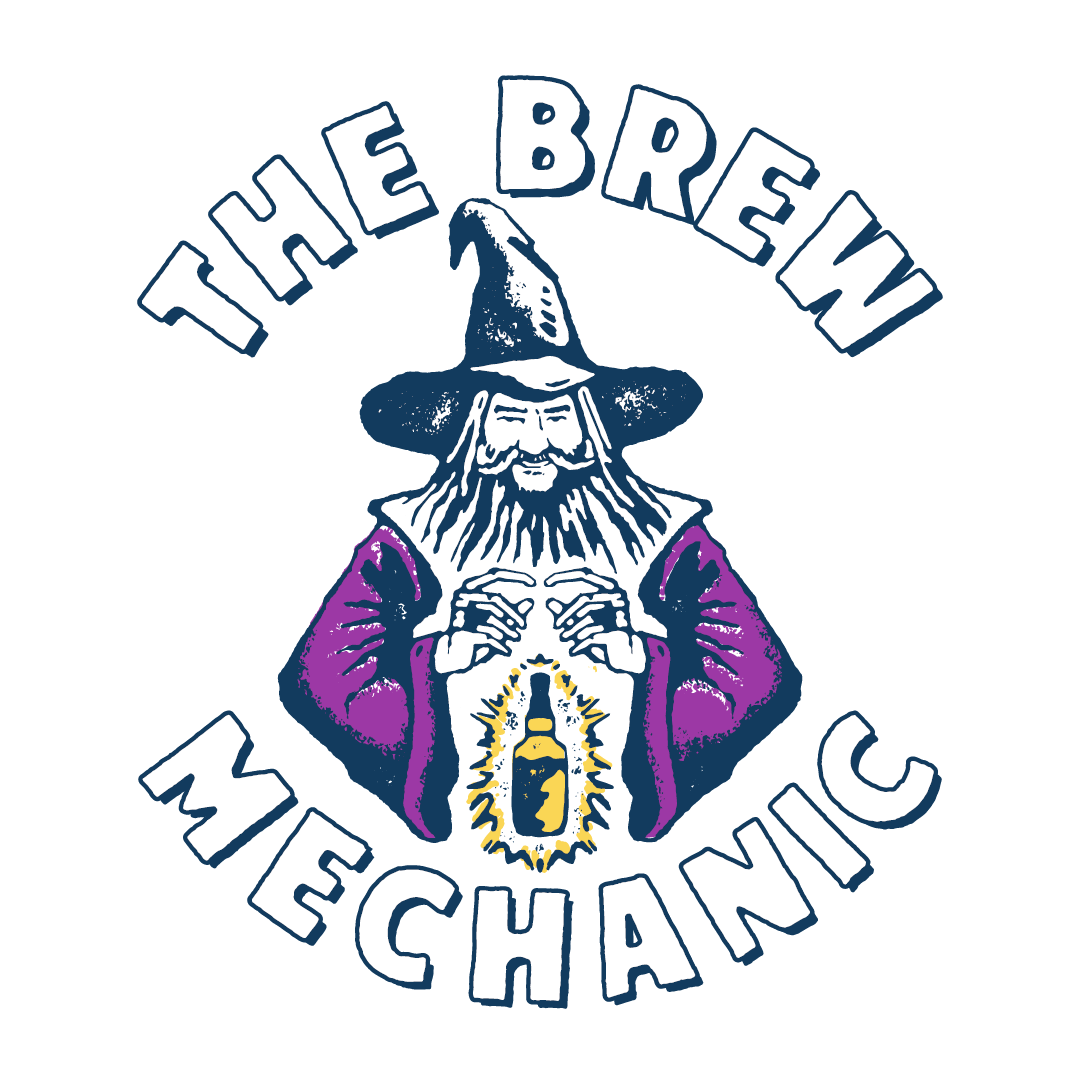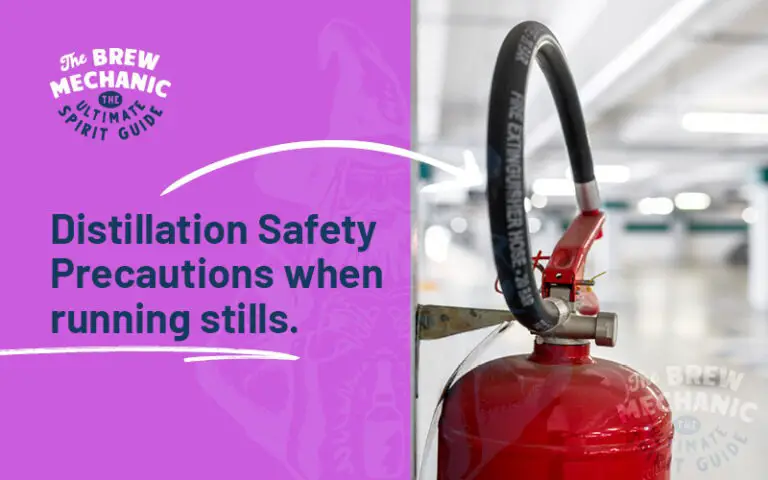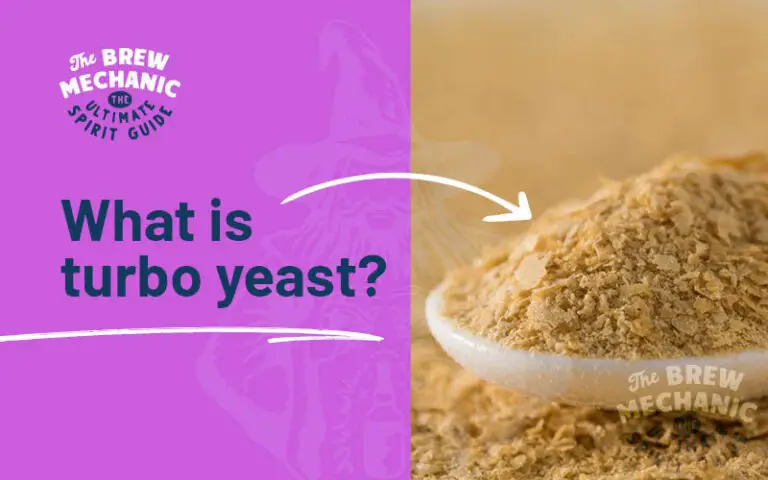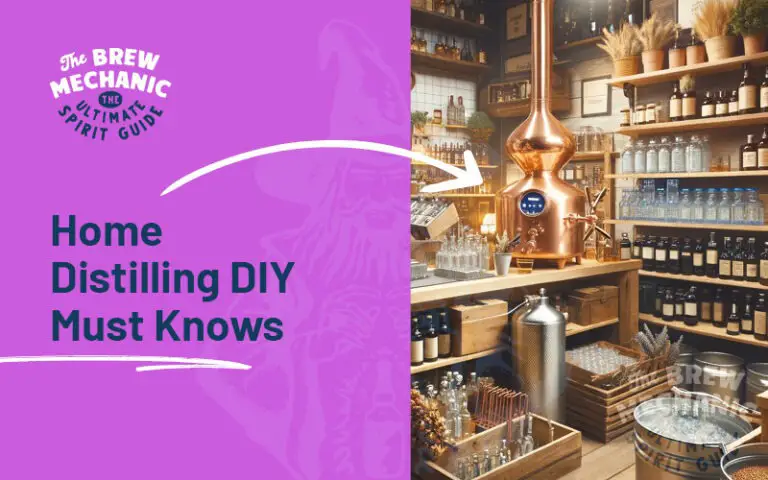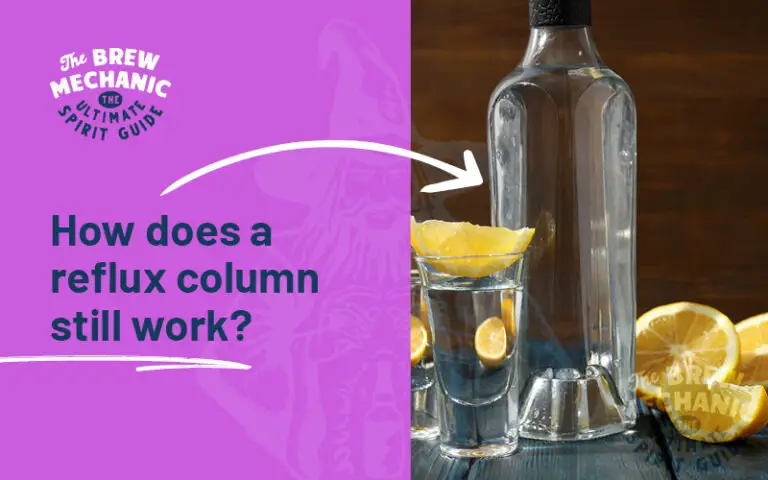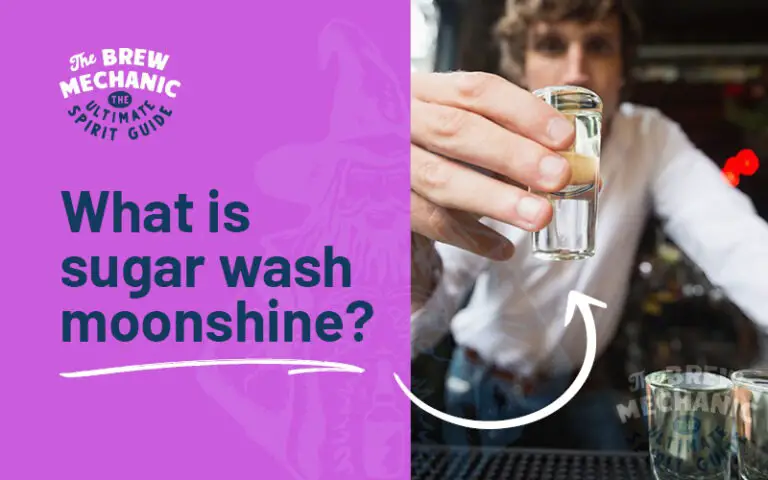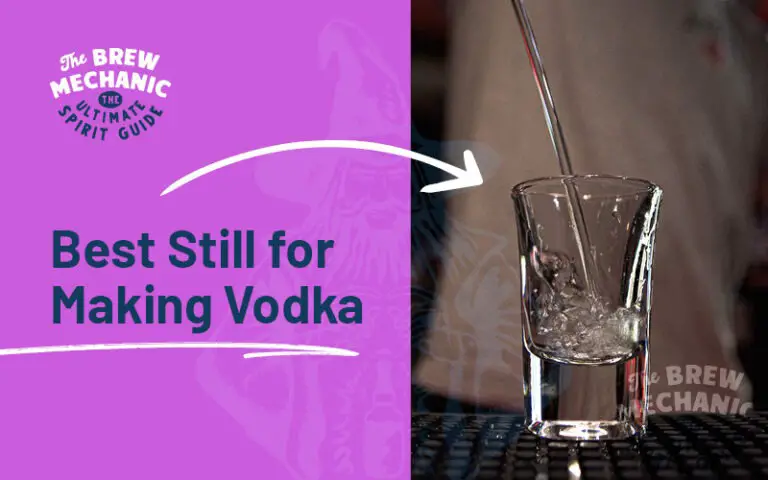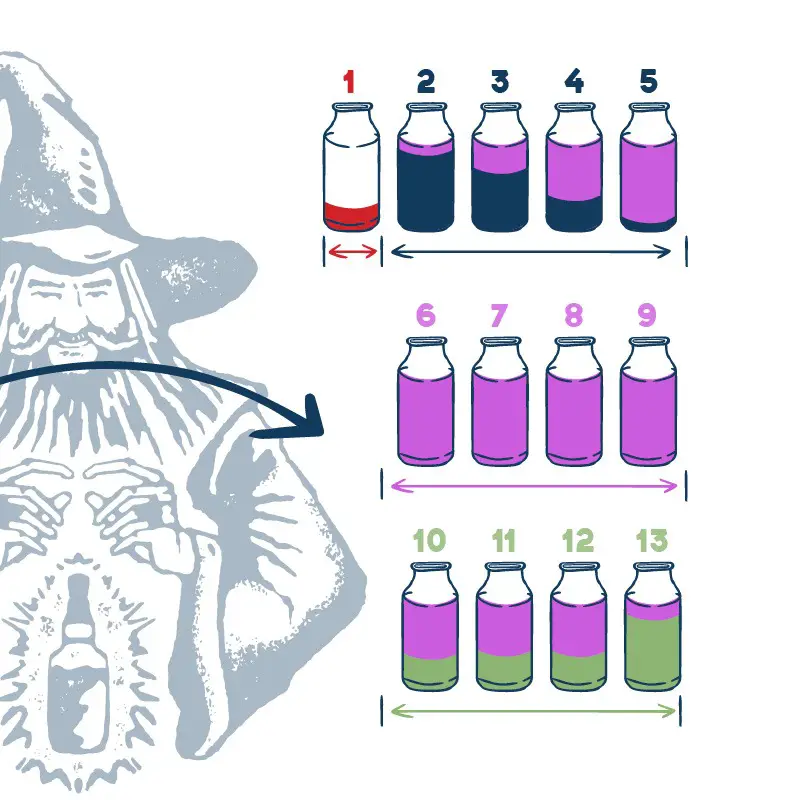The best sugar for distilling in fermentation
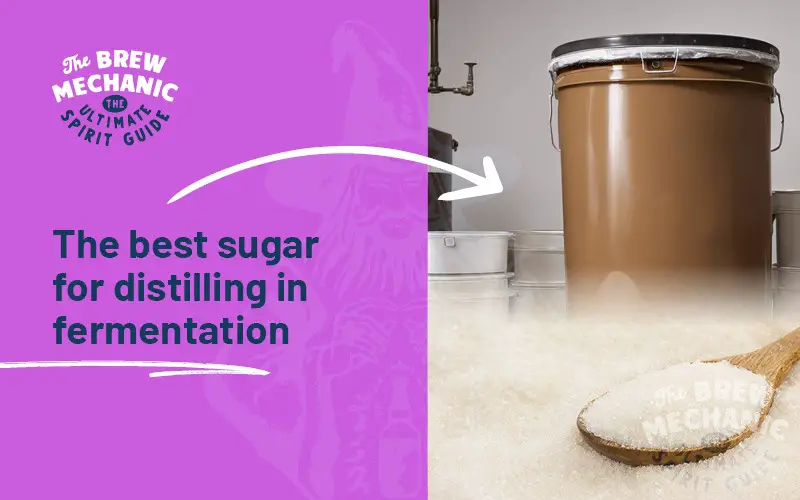
Disclaimer: This post might include affiliate links, through which I may earn a small commission without any extra cost to you. Additionally, I am an Amazon Associate and earn from eligible purchases. All the products and services I suggest are ones I have personally used or would use. Thank you very much for your support if you decide to buy through any of my links!
Come join the Distilling Squad!
Get the best fundamental tips & tricks here. Woohoo!
Crafting your own spirits can be a rewarding endeavour, and navigating the intricacies of sugar selection is a crucial step in the fermentation process. You will be able to decide what is the best sugar for distilling.
It is an overview of different sugar types, their suitability for fermentation, and key factors to consider when choosing.
What are the best sugar for distilling Used In Fermentation
Craft Spirits and Sugar Types:
Best Type Of Sugar For Fermentation
Reflux still = White (cane) Sugar / Sugar wash
Pot still Process = Brown Sugar / Mash
Basics of a Sugar Wash:
Here when making a sugar wash you must be careful to make sure that the sugar-water ratio is correct as you can “poison” the sugar with too much sugar.
Understanding Sugar In Fermentation (Sugar Wash)
The sugar level in the fermentation will determine the whole process. There is a fine balance between sugar, water, yeast and nutrients added and alcohol produced. Simple but not followed will cause you grief.
A healthy sucrose concentration is between 3.8 and 4.1 based on a 25 litre wash, this will vary slightly depending on the yeast used and what level of alcohol (purity) you are looking for.
Role Of Sugar In Fermentation
It has a very simple role but to convert to alcohol with yeast and nutrients. This is done in the second phase of alcoholic fermentation ‘anaerobic phase” by producing 95% conversion of ethanol and CO2 and 5% other volatiles.
Function Of Sugar?
Sugar is used to sweeten, preservative, Fermentation, flavouring, density controller, and able to lock in the moisture thus keeping your goods from drying out during baking are a few to mention.
Sugars In Alcohol Process
Distillation And Sugar DIY
There are two types of distillation to alcohol:
Reflux still Process:
Pot still Process:
Factors To Consider When Choosing Sugar
The best sugar for distilling will determine the type of product you are making in the fermentation process followed by the distillation stage. Choose a neutral sugar for the reflux distillation column.
Purity
When buying sugar buy a known brand. Check on the label that it says 100% pure sugar. The only way you can check it is visually, white or off-colour? Packet hard or soft can possibly indicate the age? Sugar tasted should be sweet.
Availability
Cane / Dextrose sugar is common so can be found at all supermarkets.
Costs
The cost of sugar is relatively cheap compared against brown sugar, Dextrose and inverted sugar. For a neutral wash, it is better to use table sugar as the conversion rate is good plus the sugar used does not impart flavours or aromas to the final distillate.
Extra Information
Converting sugar to alcohol is not a new process but one that has been around for a long time.
The one big difference today is that the making of alcohol has improved dramatically on the engineering side aided with new instrumentation, controllers and laboratories to accurately check samples. The use of stainless steel units.
At NCP Chemical in Durban the final sale of pure drinkable ethanol is done by a selected panel for checking odours by nose. You can use an Olfactometry meter to determine the concentrations of the vapour.
The making of alcohol is split into those with a higher ABV for making vodka and whisky via etc. distillation processes.
Again these are split into Reflux control (90 > 95) ABV and Pot still distillation 80% proof, 40% ABV. The second type is wines up to 15% and beers up to 8% > through fermentation but not distilled.
In industry today the distillation methods are:
We want you to understand the best sugar for distilling by your own
Selecting the right sugar for your sugar wash is essential for crafting desired spirits. By understanding the best sugar for distilling by the characteristics of different sugars and factors influencing fermentation. You can make informed choices and confidently embark on your home brewing journey.
Last Updated on Jan 02, 2024 by The Brew Mechanic
Disclosure: I may receive affiliate compensation for some of the links below at no cost to you if you decide to purchase a product or service. You can read our affiliate disclosure in our privacy policy. The information provided is for entertainment only.

With 35 years of knowledge of being a chemical engineer in alcohol manufacturing plants, my mission is to teach the next generation of home distilling alcohol brewers at a supernatural speed.
My reviews are based on real-life experiences with reflux stills, sugar wash, troubleshooting and mystical chemical reactions.
